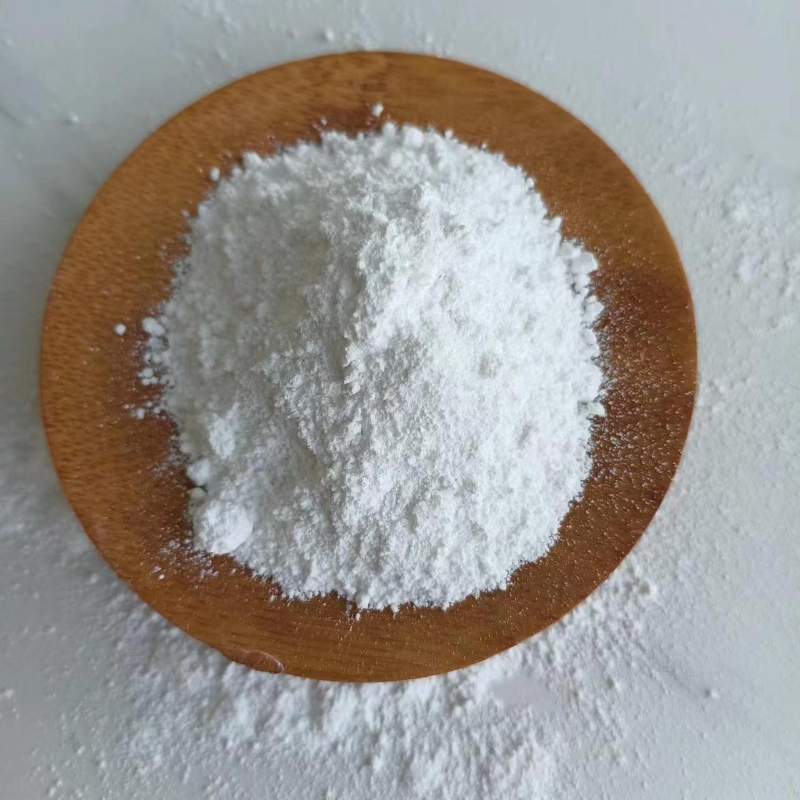-
Categories
-
Pharmaceutical Intermediates
-
Active Pharmaceutical Ingredients
-
Food Additives
- Industrial Coatings
- Agrochemicals
- Dyes and Pigments
- Surfactant
- Flavors and Fragrances
- Chemical Reagents
- Catalyst and Auxiliary
- Natural Products
- Inorganic Chemistry
-
Organic Chemistry
-
Biochemical Engineering
- Analytical Chemistry
- Cosmetic Ingredient
-
Pharmaceutical Intermediates
Promotion
ECHEMI Mall
Wholesale
Weekly Price
Exhibition
News
-
Trade Service
Aspirin is one of the most commonly used medications by a physician because aspirin is the most basic drug for cardiovascular disease and is the cornerstone! The side effects caused by aspirin are also the most common, of course, the most common side effect of aspirin is bleeding, we are in the hospital, experienced aspirin caused by stomach bleeding, nosebleeds, under-skin bleeding, skin purple spots, bleeding gums and so on.
if the patient has chronic gastritis or stomach ulcers, taking aspirin for a long time may be more prone to bleeding.
There have been no studies on whether taking aspirin in older patients is more likely to cause bleeding, and there is a lack of reliable data on major gastrointestinal bleeding in older people who use aspirin.
researchers collected data from a controlled trial of aspirin and placebo used by people older than 70 between 2010 and 2017.
patients' clinical data were collected at each time node, with the main observation indicators being major gastrointestinal bleeding events leading to blood transfusions, hospitalization, surgery or death.
.org/10.1136/gutjnl-2020-321585 A total of 19,114 patients were included in the study over an average follow-up time of 4.7 years.
results showed that there were 137 cases of upper gastrointestinal bleeding (89 cases in the aspirin group, 48 cases in the placebo group, HR 1.87, 95% CI 1.32 to 2.66, p .lt;0.01), 127 In patients with lower gastrointestinal bleeding (73 cases of aspirin, 54 cases in the placebo group, HR 1.36, 95% CI 0.96 to 1.94, p s 0.08), the bleeding rate in the aspirin group was about 60% higher.
analysis showed that age, smoking, high blood pressure, chronic kidney disease and obesity increased the risk of bleeding caused by aspirin.
The five-year absolute risk of bleeding without aspirin at age 70 was 0.25% (95% CI: 0.16% to 0.37%), while the five-year risk of bleeding at age 80 was 5.03% (95% CI: 2.56% to 8.73%).
increased the overall risk of gastrointestinal bleeding by 60 percent, the researchers concluded.
, however, the absolute risk of absolute bleeding in 5 years for young, healthy people is moderate.
older patients need the relevant medication patterns of the main aspirin.
.







